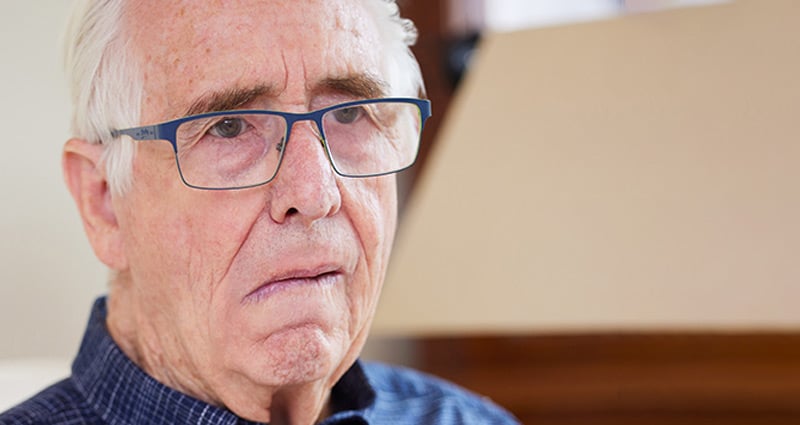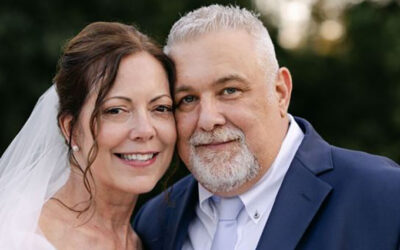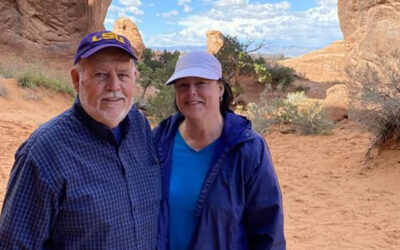Ramsay Hunt syndrome is the second most common cause of facial paralysis after Bell’s Palsy and is considered slightly more severe. The syndrome only occurs in five out of every 100,000 people. A recent celebrity diagnosis presents many questions surrounding the rare syndrome.
Laura Hetzler MD, FACS, facial plastic and reconstructive surgery specialist at Our Lady of the Lake Facial Nerve Disorders Multidisciplinary Clinic shares what people should know about Ramsay Hunt Syndrome.
Ramsay Hunt Syndrome
According to the Mayo Clinic, Ramsay Hunt Syndrome (RHS) is a neurological condition caused by the varicella-zoster virus, the same virus that causes chickenpox in children and shingles in adults. The virus can linger in your body for your entire life, long after you have recovered from chickenpox. It can reawaken to irritate and inflame the nerves of the face, head and neck.
What Are the Symptoms of RHS?
The illness affects men and women equally and can result in paralysis on one side of the face and painful, blistering rashes. It is more common in older people. Many patients experience changes in their hearing, dizziness (vertigo), perceive sounds louder in one ear than the other or develop tinnitus (a persistent ringing in the ears), or even deafness in one ear. Ear and facial pain are also commonly a part of the syndrome.
“We offer effective treatment for Ramsay Hunt that is most successful when a patient starts receiving care within the first week of showing symptoms,” Dr. Hetzler says. “Typically, patients under 50 years old have a better recovery profile or if the facial paralysis is not complete.”
The Our Lady of the Lake Facial Nerve Disorders Multidisciplinary Clinic is one of the few clinics in the nation utilizing a multidisciplinary approach to care for those with RHS. Patients suffering from RHS may experience symptoms similar to Bell’s Palsy, which can also induce facial paralysis. Doctors usually diagnose the syndrome by identifying small blisters or rashes that have appeared in a patient’s ear and if there is facial paralysis.
“You are not alone. Ramsay Hunt Syndrome is very rare, but we see it all the time,” Dr. Hetzler says. “Although recovery will require patience, the Facial Nerve Disorders Multidisciplinary Clinic will be here to get you through it and provide support.”
What Are the Treatment Options?
At Our Lady of the Lake Facial Nerve Disorders Multidisciplinary Clinic, patients have access to the most advanced treatments available for facial paralysis.
Immediate treatment within three days of experiencing symptoms may prevent complications, such as permanent hearing loss and long-term facial paralysis. Treatment for RHS includes:
- High-dose steroids
- Antiviral drugs
- Pain relievers
- Anti-inflammatory drugs
- Eyecare and the use of ointments for moisture
- Facial Therapy
It is recommended that those suffering from RHS also practice self-care techniques, such as keeping the area clean and applying a wet compress to relieve any pain they may be experiencing.
Additional Resources
If you have any symptoms of RHS, seek medical attention right away. If you are interested in combatting the facial paralysis symptoms of this disorder, contact the Our Lady of the Lake Facial Nerve Disorders Multidisciplinary Clinic to schedule a consultation.
To learn more about RHS and facial palsy visit facialpalsy.org.uk.




